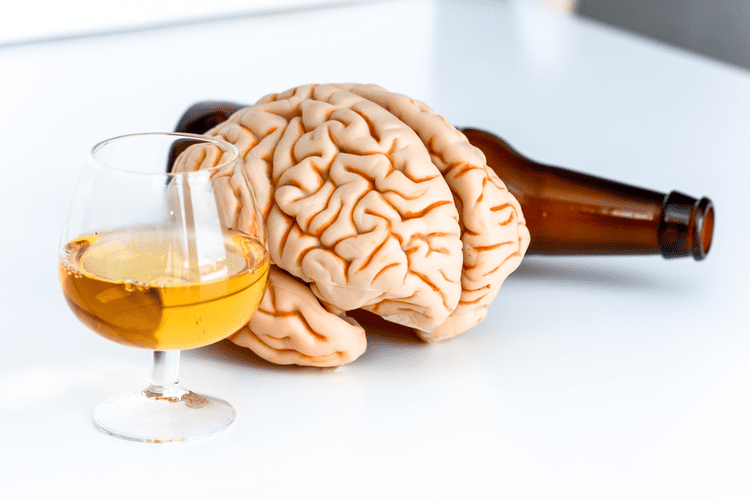I think it’s important for people to know that just because I’m sober doesn’t mean I’m dead. I go out dancing, I’m 100% me, I can literally do everything I did before except I just don’t drink. In sobriety I’ve been around all this stuff and I think that’s one of the things people cast a stigma on. My friends right now wouldn’t tolerate me drinking — it would be very strange for them. That also is a product of the way you are finally able to filter out people in your life who aren’t very supportive and aren’t very healthy for you.
With age and sobriety, Michael McDonald is ready to get personal
Day after day, I had to wake up and just be sober. I had to accept that I didn’t like where my life was, and that it was at that point because of decisions I had made. There were some relationships that weren’t salvageable; there were some dreams that would take years to fulfill because I’d spent so long trying to find the easiest way out. I had to Sober House get used to the sound of my own voice, and think about what I wanted to say and how I said it, because I could no longer say that I had only said it because I was drunk. At the end of my drinking career, when I realized that I’d lost everything that mattered to me – joy for life, honest relationships, compassion and self-love – I gave up alcohol.
- The information we provide is not intended to be a substitute for professional medical advice, diagnosis or treatment.
- I eased back into work with a lower level of responsibility, able to focus more on myself and my recovery program.
- Written with courage and candor this book leaves you ready to push against a society suggesting alcohol is the solution to women’s problems.
Life after addiction isn’t just possible. It’s the norm

Written by a cognitive neuroscientist with former substance use struggles, Marc Lewis emphasizes the habitual reward loop in the brain that can cause a substance use disorder to develop. This book also examines the brain’s ability to create new neural pathways and lose the desire to use substances. Lewis provides a description of life in recovery that I relate to myself; that sober life is not a life of deprivation, but one of fulfillment, continued growth, and personal development. This is a lesser known series of essays on the intersection of alcohol and womanhood. The author, Kristi Coulter, engages the reader with her deep insight and quick wit. This combination makes her story heartening, funny, and thought-provoking at the same time.
- If people press that response, I’ll either stare at them and hold an uncomfortable silence (this is enjoyable at some point), or just change the subject.
- You are a mirror now, a flashlight of sobriety in a society that is laced with the judgment that it’s abnormal to abstain from alcohol.
- This scary but necessary step catapulted her into a journey of long-term recovery.
- And so she enlisted my father to come on as our manager — not before we were exposed to some of the rites of passage that we were probably too young to witness.
Choose Recovery Over Addiction
I was struck sober, lying on my living room floor, unable to get up, bleeding from a gastric ulcer just before Labor Day weekend in 2004. That is where this amazing journey in sobriety began. Today, I am okay with waking up and sometimes feeling uncertain; I am okay with not always feeling content or whole, or brave or sure. In early sobriety, what I found out quickly was another piece of wisdom my dad had tried to impart onto me a year and a half before when he visited me while I studied abroad in India. At the time, I had a full-blown addiction to medication, and I was trying to wean myself off.

Within a week I was able to find another room with three sophomore roommates who were just like me. Within a short period of time, harassing the fourth roommate with obnoxious merriment, I was able to convince that non-partying roommate to swap rooms. I again excelled in school, graduating with a 4.0 GPA and several individual honors. I had completed all except two course credits for my degree within three years and spent my final year engaged in analytical chemistry research for the last two credits. I was offered a scholarship opportunity to go on to PhD studies in chemistry, but chose to continue on to med school instead.
The Brobriety Sobriety Podcast is all about the intersection between sobriety and masculinity. Hosted by VanSober, this podcast tackles conversations about substance use, mental health, and wellness in the 21st century. With new guests featured on every episode, this podcast features candid discussions and eye-opening perspectives on what it means to navigate both recovery and masculinity.
I really believed that the intoxicated version of myself was my true being; the sober person that I left behind felt so sad and deflated, so cautious and needy. I didn’t believe I was truly happy, but I believed that with alcohol, I was the https://thecaliforniadigest.com/top-5-advantages-of-staying-in-a-sober-living-house/ happiest I could possibly be. I was more than willing to accept the side effects that came with that consumption. This is Sobertown’s Memorial in honor and remembrance to some of those lives lost from alcohol and drug use and/or addiction.
I attended all my classes and did my assignments and readings. I did not need to study very hard for tests to ace them. By my junior year, I was taking all honors classes and easily passing them, putting me near the top of my class. I had one influential mentor, my physiology teacher, who encouraged me to pursue an education in the sciences, perhaps medicine.
